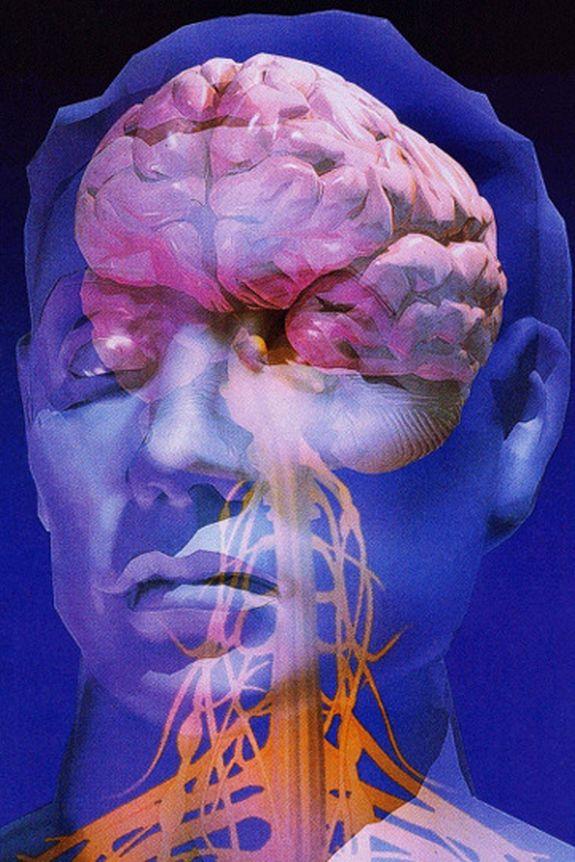Psychosomatic medicine is a new term, but it describes a conception of medicine as old as the art of healing itself.The Psychosomatic Medicine is a vision of the human being. Both the psychological, social and biological factors interact with the human being. This medicine has the vision that diseases are not only biological, but also emotional, psychological and social influence in our organism.
The body releases certain types of hormones when we are nervous, stress. can affect.It can effect the body with the development of diseases. It is important to work with feelings. The body responds according to our emotional state. . Psychosomatic medicine analyzes the connection between body, mind and social.
Psychosomatic medicine deals with the emergence and treatment of diseases taking into consideration the psychological aspects of the patient, which may have been the cause or aggravating of his state of health. The union of the patient’s physical and mental characteristics leads to a better understanding of the disease and its symptoms, thus helping the physician in the accurate diagnosis and appropriate treatment.
The psychosomatic does not refer to a state, but to an essence that does not separate the psychic from the body, so the psychosomatic aims to look at the patient in unified way. The areas of action of psychosomatic medicine are mainly on stress and its various forms of manifestation and physical, psychological and social traumas. The patient with this type of disorder lives poorly and has several symptoms that distract him from all aspects of his life.
Some diseases / symptoms that may have psychosomatic origin include:
- Asthma
- Rhinitis
- Migraine
- Gastritis
- Peptic ulcer
- Impotence and other sexual dysfunctions;
- Arterial hypertension
- Fibromyalgia
- Allergies
Psychosomatic Disease Treatment.
Three main factors interfere in the emergence and also in the treatment of psychosomatic diseases: quality / lifestyle, genetic inheritance and psycho-effective factor (emotional management). Thus, it is important during the treatment to adopt healthy habits of life as the practice of physical exercises, healthy eating, regular sleep habits.
The term psychosomatic illness was initially used to refer only to certain diseases such as peptic ulcer, bronchial asthma, arterial hypertension and colitis, in which the psycho-physical correlations were very clear. Subsequently, it was realized that the conception of psychosomatic medicine is potentially valid for all diseases. In its application, the areas of psychosomatic action are mainly related to stress, in its various manifestations, and also related to physical, psychic and social trauma.
In recent decades, the word “psychosomatic” has become usual, both medical and psychological means as among the scientific community, and was also no longer news in the middle of psychoanalytic societies, which, since the demonstrations of conversion of hysteria, revealed by Freud at the beginning of the form of psychoanalytic thinking, put analysts on the issues of body sickness. From the contribution of psychoanalysis, in this comprehensive view on the human being, we can say that many areas of health have been extended to the psychosomatic view, which has a view towards the individual and not towards the disease.
The teaching of psychosomatic is basically done through the study of clinical cases, privileging the biological, psychological and social dimensions, by the performance of a doctor, a psychologist and a social worker.

